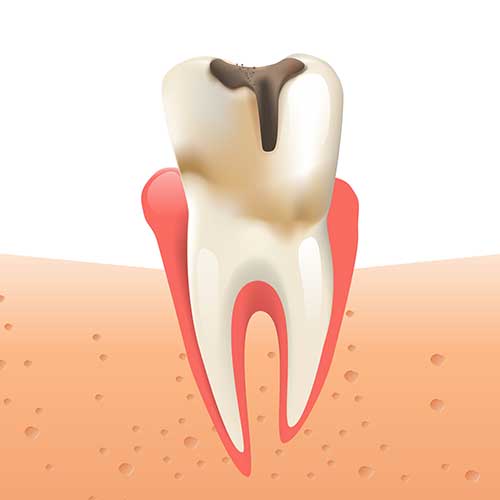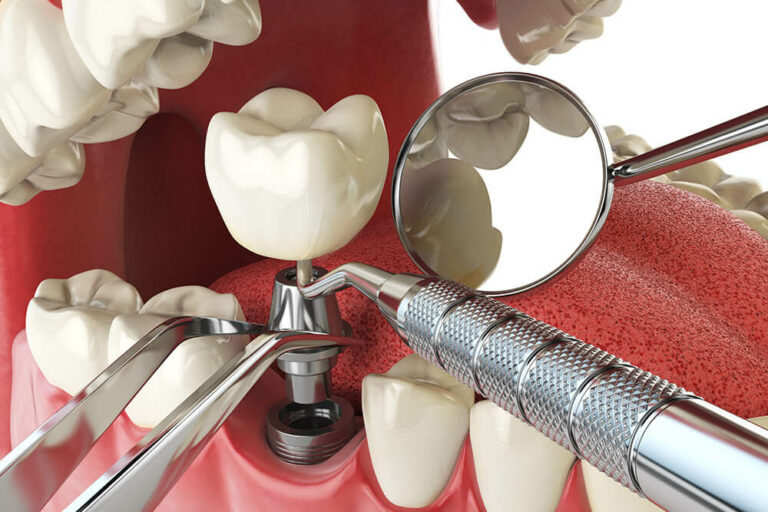Dental Crown Pros and Cons
Dental crowns offer restoration and strength for damaged teeth, plus an improved look; however, they can be costly and require a lot of time. Consider all pros and cons before deciding if a crown is right for you.

Dental crowns offer restoration and strength for damaged teeth, plus an improved look; however, they can be costly and require a lot of time. Consider all pros and cons before deciding if a crown is right for you.

Invisalign® provides an excellent option for orthodontic treatment, but is it the best option for all orthodontic issues?

What you eat can sometimes have a significant impact on the color of your teeth. Read on to learn more about the foods that can stain your teeth and how to reduce the effects of food on the color of your teeth.

Cavity prevention starts with daily brushing and flossing. See what causes tooth decay and get additional tips on how you can stop cavities.

Dental implants have become many dentists’ go-to procedure for replacing missing teeth. Learn about the pros and cons of this dental procedure.
9461 South University Boulevard
Highlands Ranch, CO 80126
View Map
Monday - Thursday: 8:00 a.m. - 6:00 p.m.
Friday: 7:00 a.m. - 4:00 p.m.
Saturday & Sunday: Closed